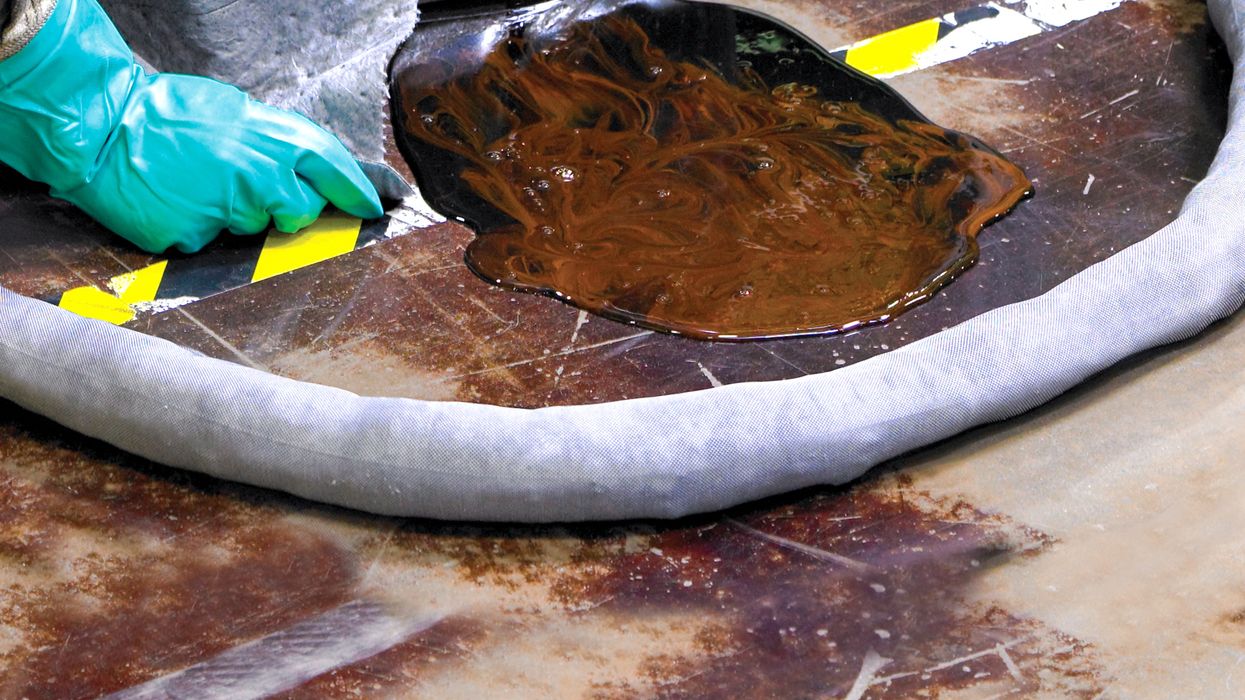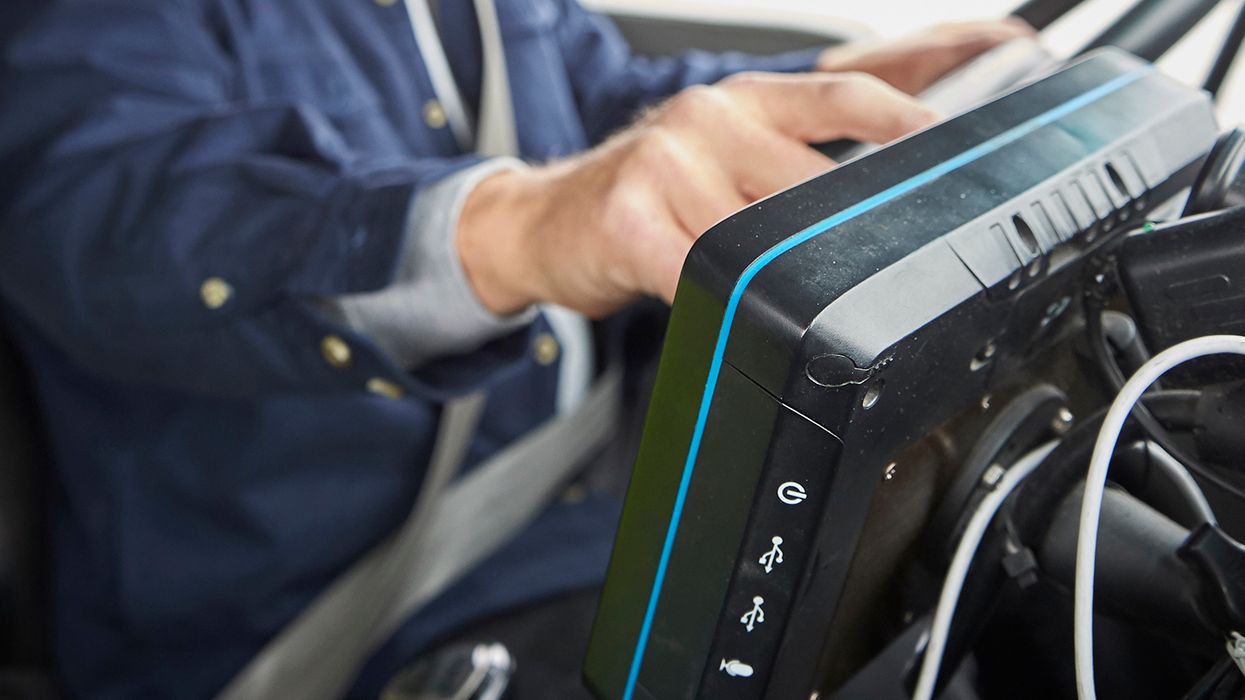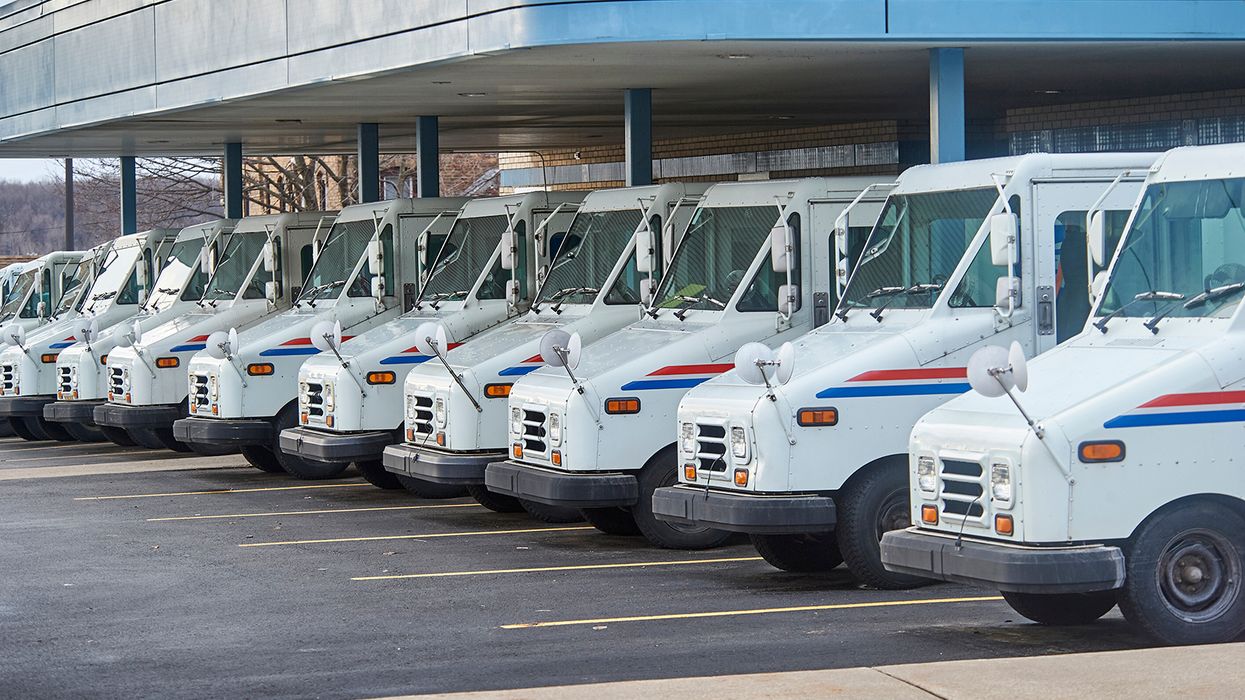Tips for successful IFTA quarterly reports
Second quarter fuel tax reports are due by July 31 for carriers operating under the International Fuel Tax Agreement (IFTA). These reports document the mileage traveled and fuel purchased in each state or province during the reporting period. Check out the following tips to avoid common mistakes that could get you audited.
Tip 1: Correctly report operations under trip permits
Include miles traveled while using a fuel trip permit:
- In “total IFTA miles,” and
- As part of the total IFTA miles traveled in the applicable jurisdiction.
Do not include them as taxable miles traveled for that jurisdiction. For fuel purchases made while operating under a fuel trip permit, include the following for each jurisdiction:
- Total gallons purchased (to accurately calculate the miles per gallon), and
- Tax-paid gallons purchased, only if taxes were paid at the time the fuel was purchased.
Tip 2: Account for all miles, even gap miles
Always do your best to accurately report miles traveled on your quarterly IFTA tax report. Remember that you must report every mile driven by every vehicle licensed under IFTA on your report.
“Gap miles” are the difference in the miles recorded for a trip on your trip sheet and the actual miles traveled based on the beginning and ending odometer or hubometer readings for that trip. Gap miles will create an issue when an audit occurs.
Gap miles should be allocated to the jurisdiction(s) where the travel most likely occurred.
Tip 3: Use the correct rate chart
Jurisdiction tax rates often change from quarter to quarter. Be sure to use the tax rate chart for the specific quarter being filed. Rate charts are available online at iftach.org.
Tip 4: Double-check your tax-paid gallons
The total tax-paid gallons purchased should never exceed the total gallons purchased.
If your operation includes bulk storage, only include in tax-paid gallons the number of gallons actually removed from bulk storage and delivered into your IFTA qualified vehicles during the reporting period being filed.
Hint: Generally speaking, total gallons and total tax-paid gallons should be the same, unless:
- Fuel receipts are missing;
- Fuel was not tax paid (i.e., purchased on an Indian reservation); or
- Fuel records do not include all required elements.
| Learn more about the recordkeeping requirements for IFTA and IRP. |
Tip 5: File every quarter, even if you have no activity to report
Tax returns are required even if no operations were conducted or no taxable fuel was used during the reporting period. Returns that are not filed or not paid in full are considered late and can be assessed penalties and interest.
Tip 6: Check your lease
Review all lease contracts carefully and ensure the IFTA tax reporting responsibility is clearly defined.
| Get more detail about leasing requirements for motor carriers. |
Key to remember: Carefully documenting miles traveled and fuel purchased for your IFTA fleet can help you avoid common mistakes that could get you audited.





















































